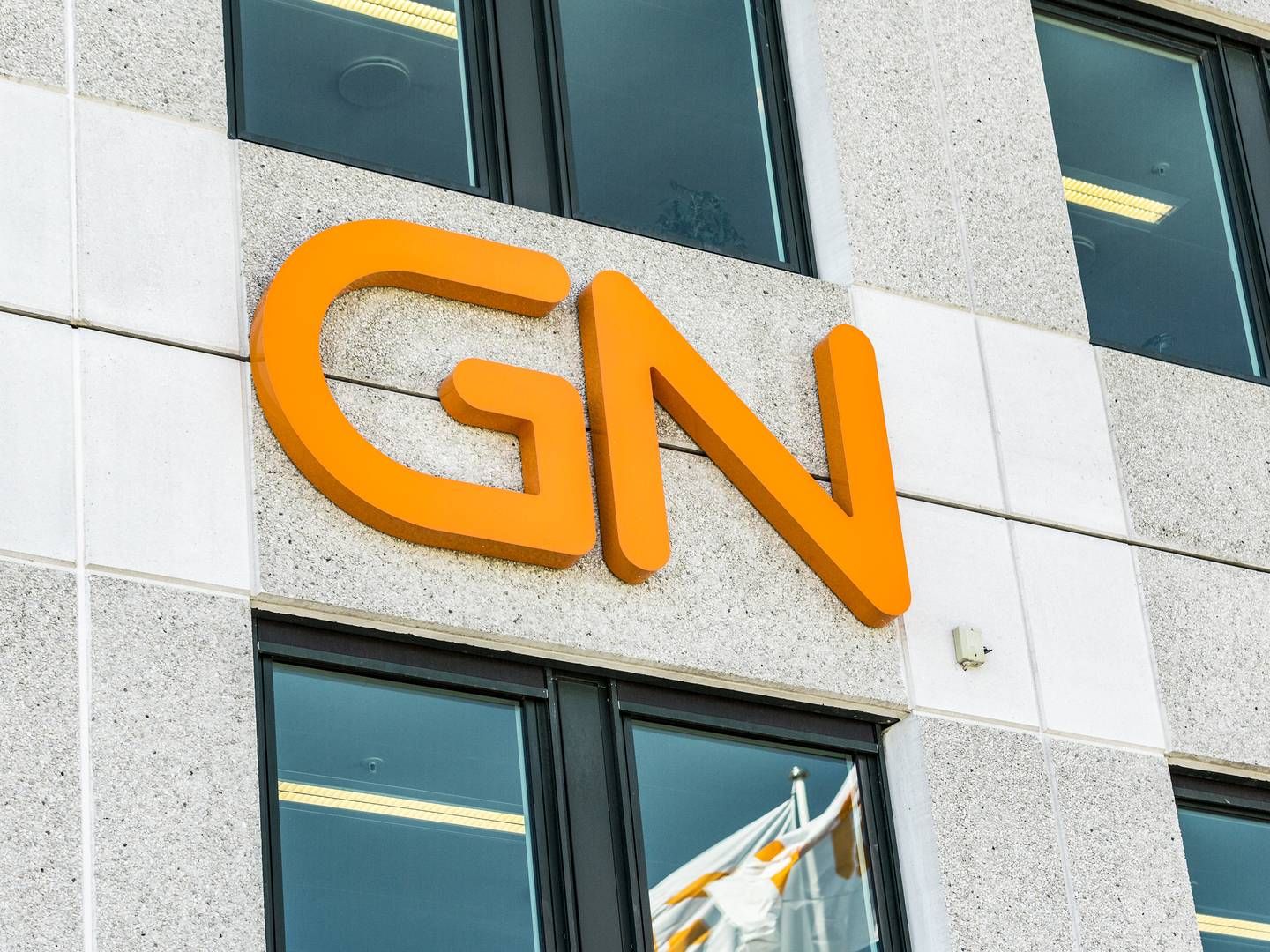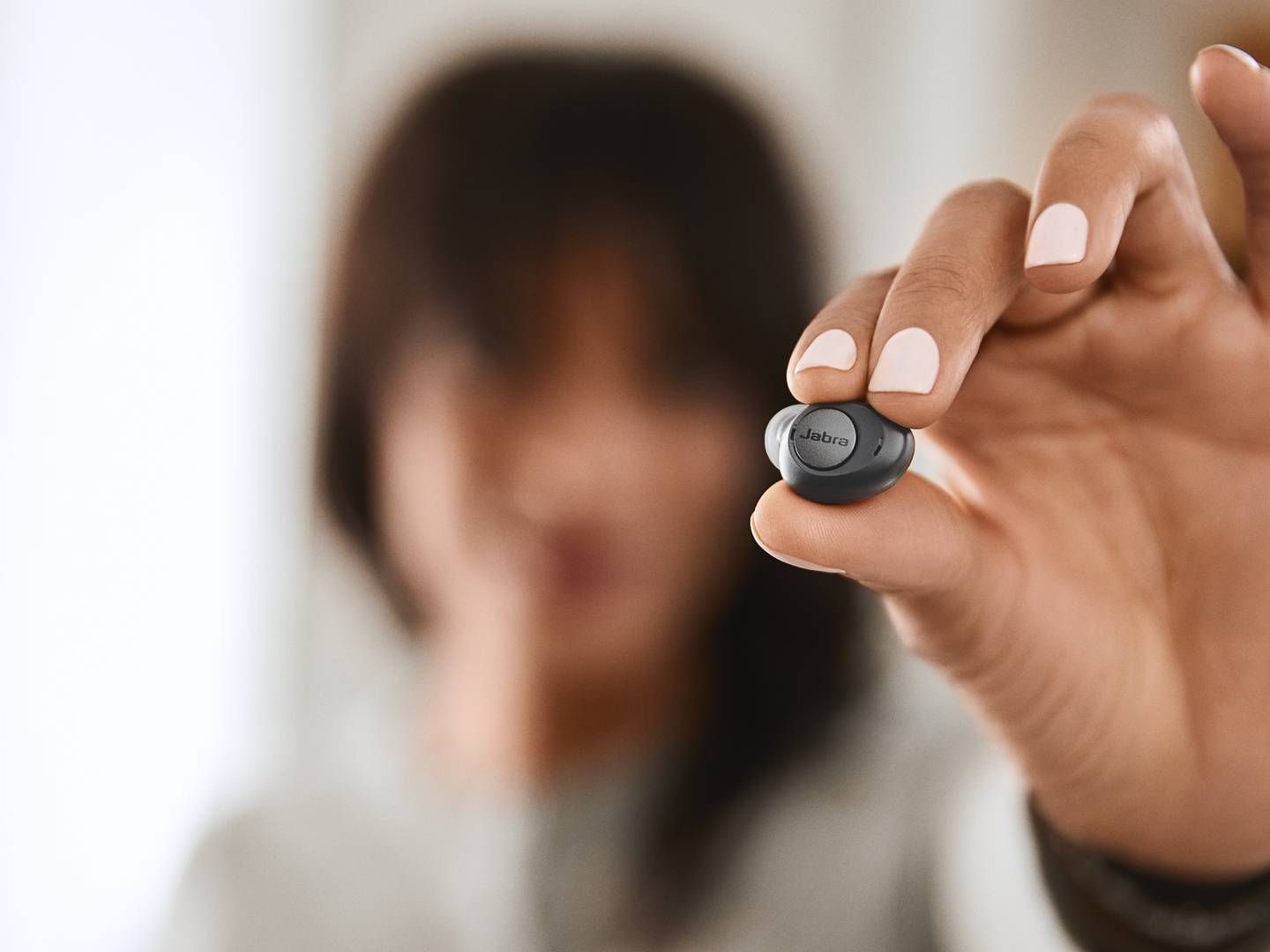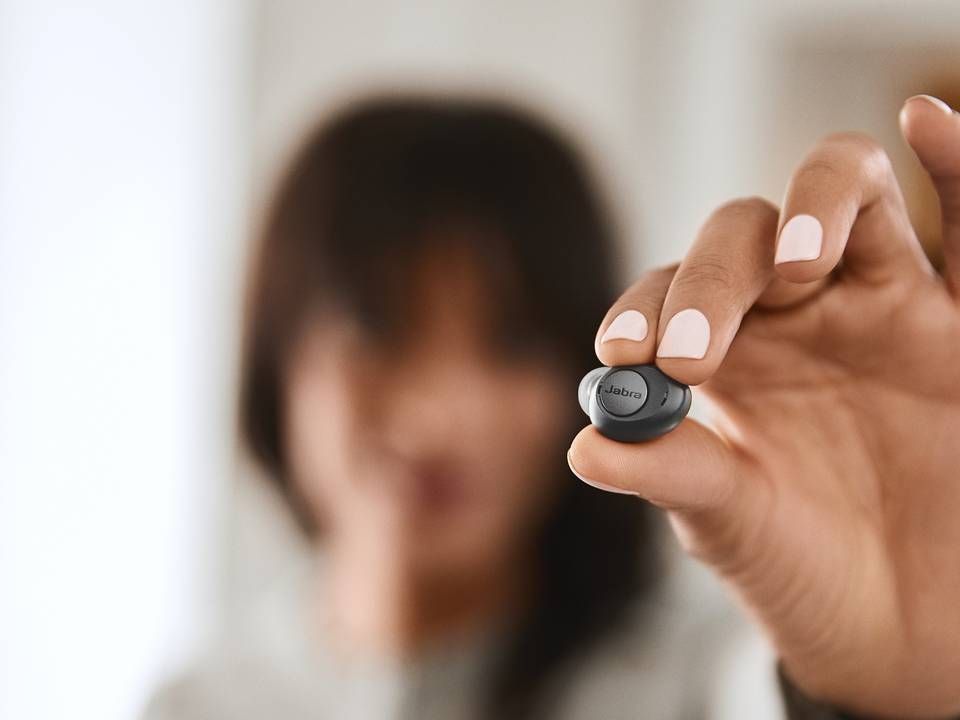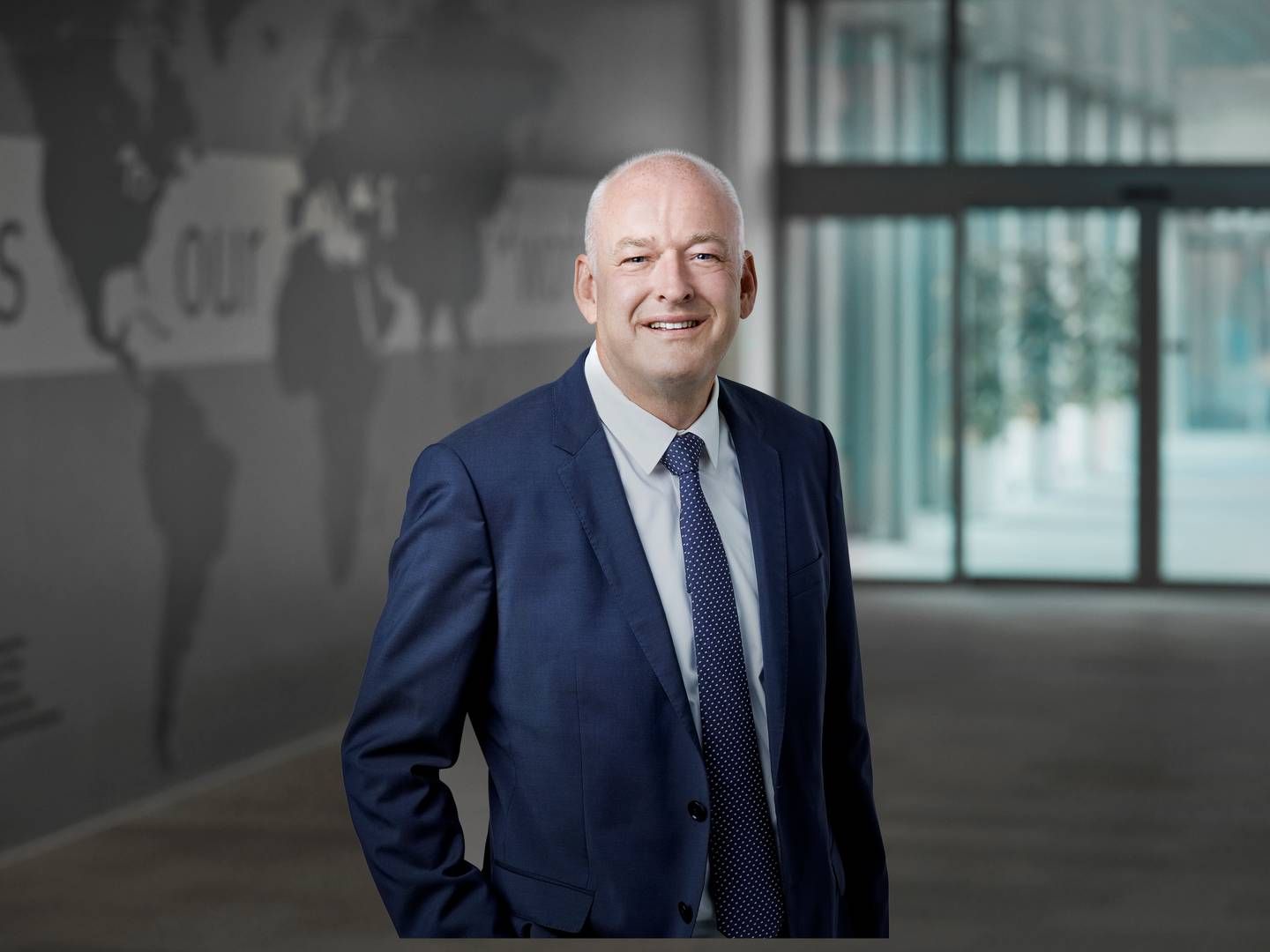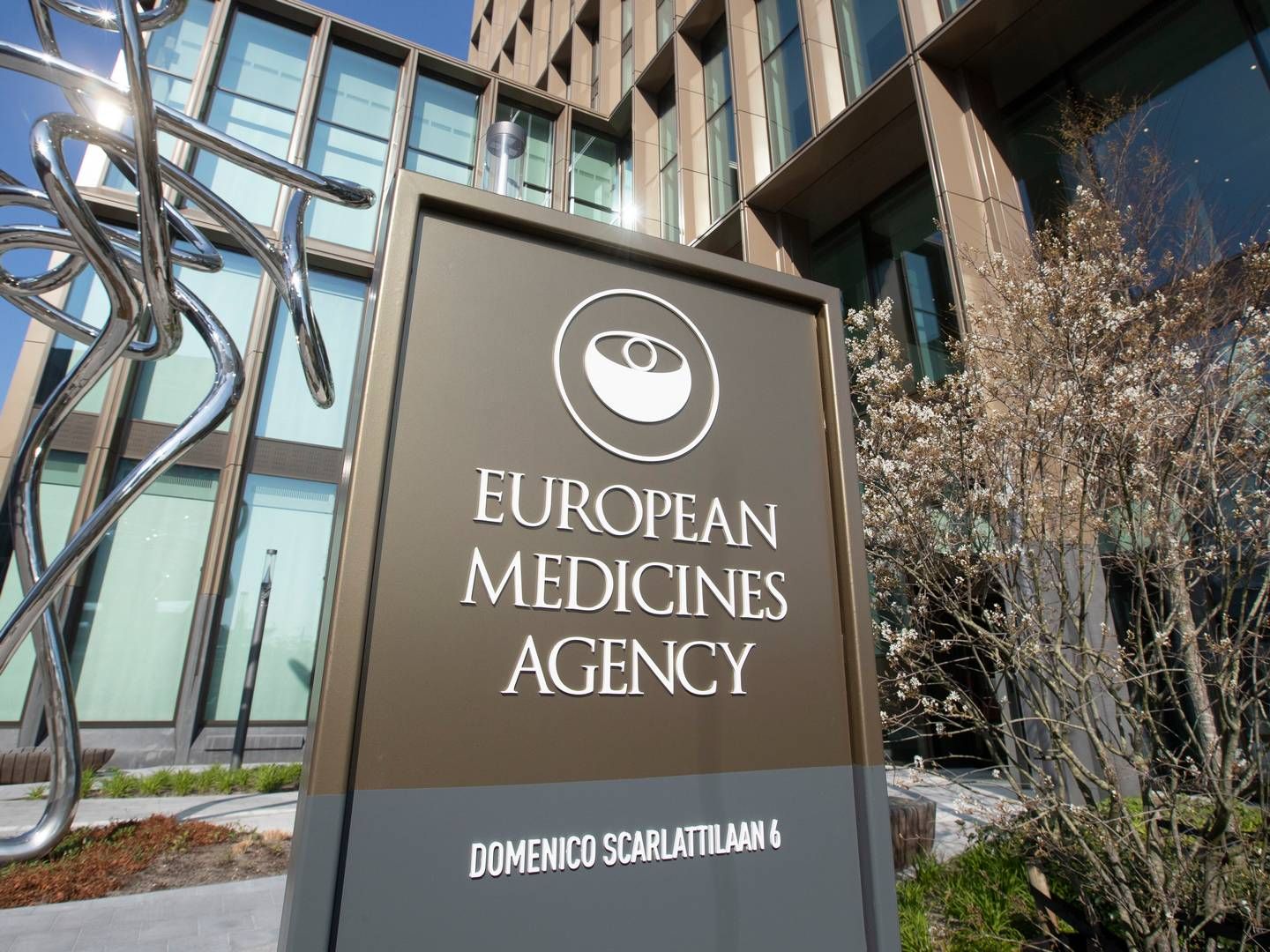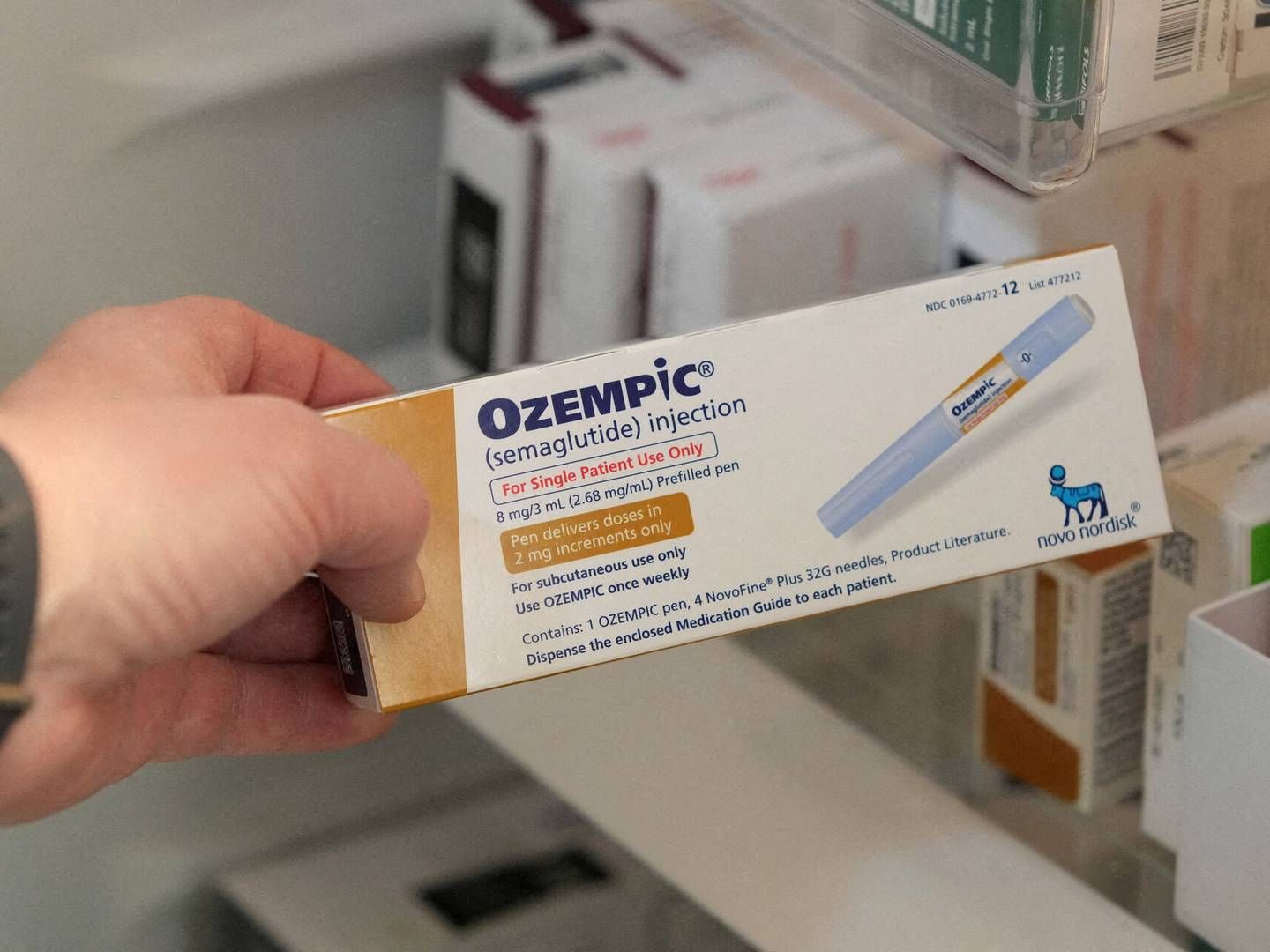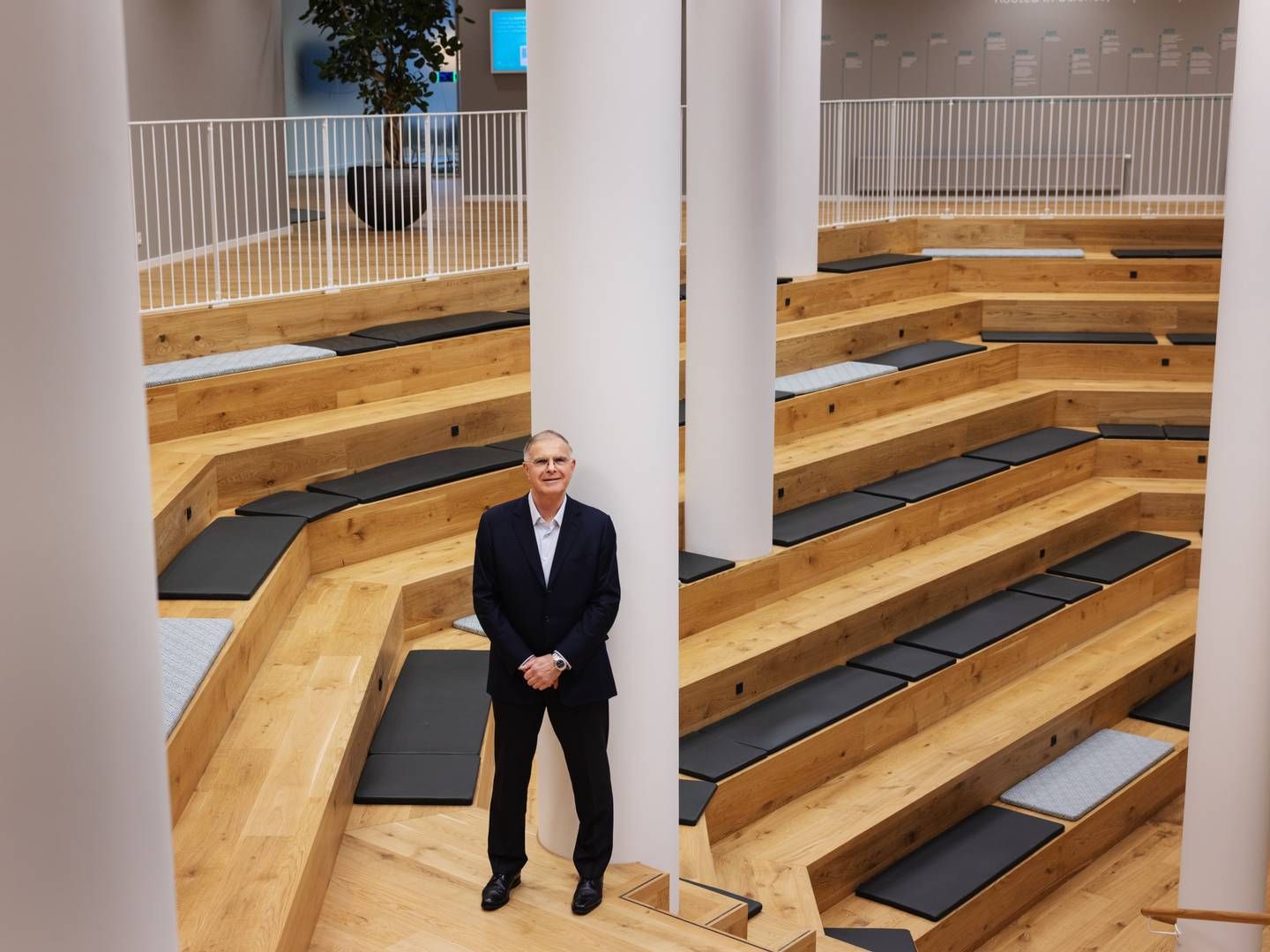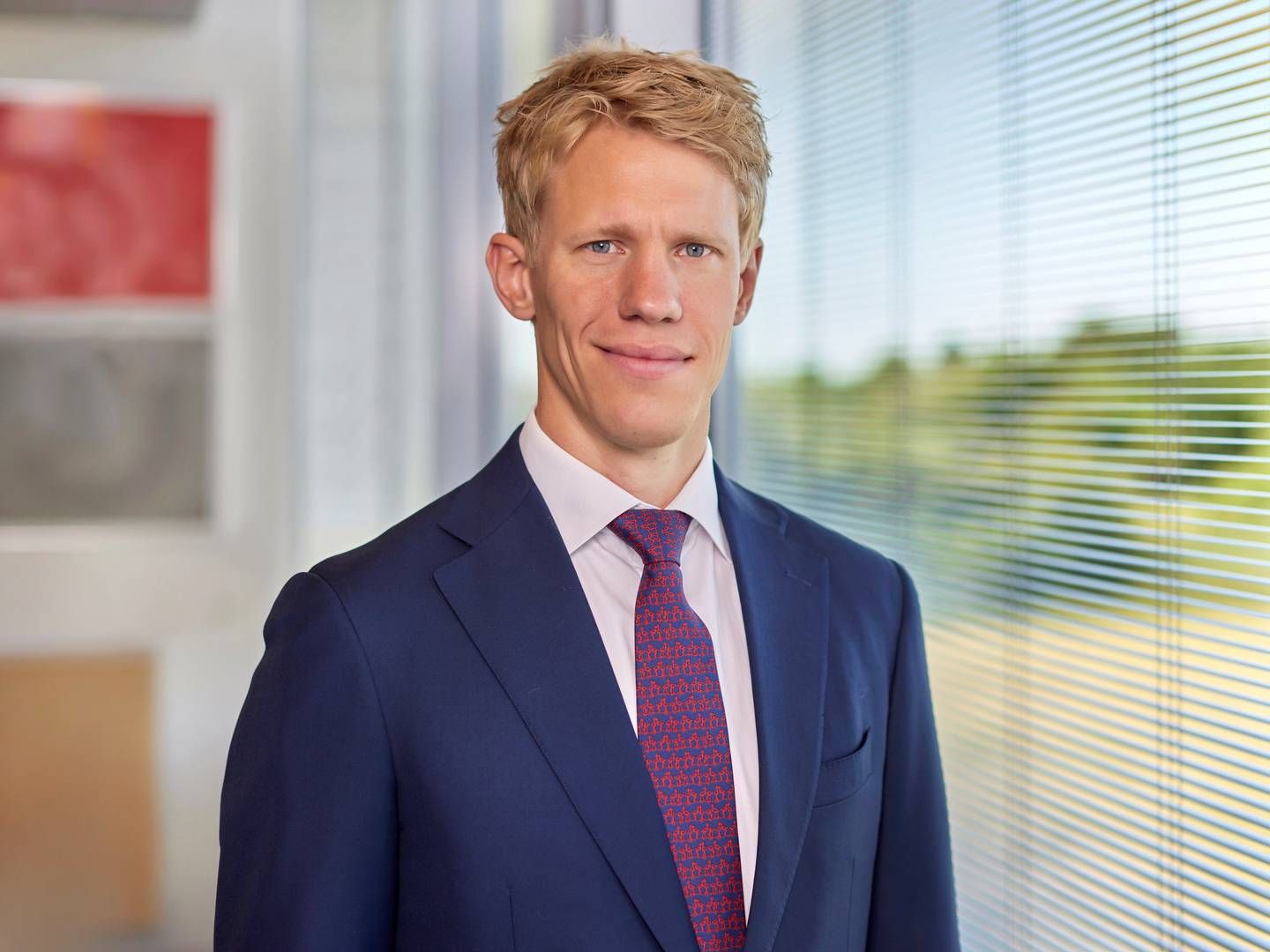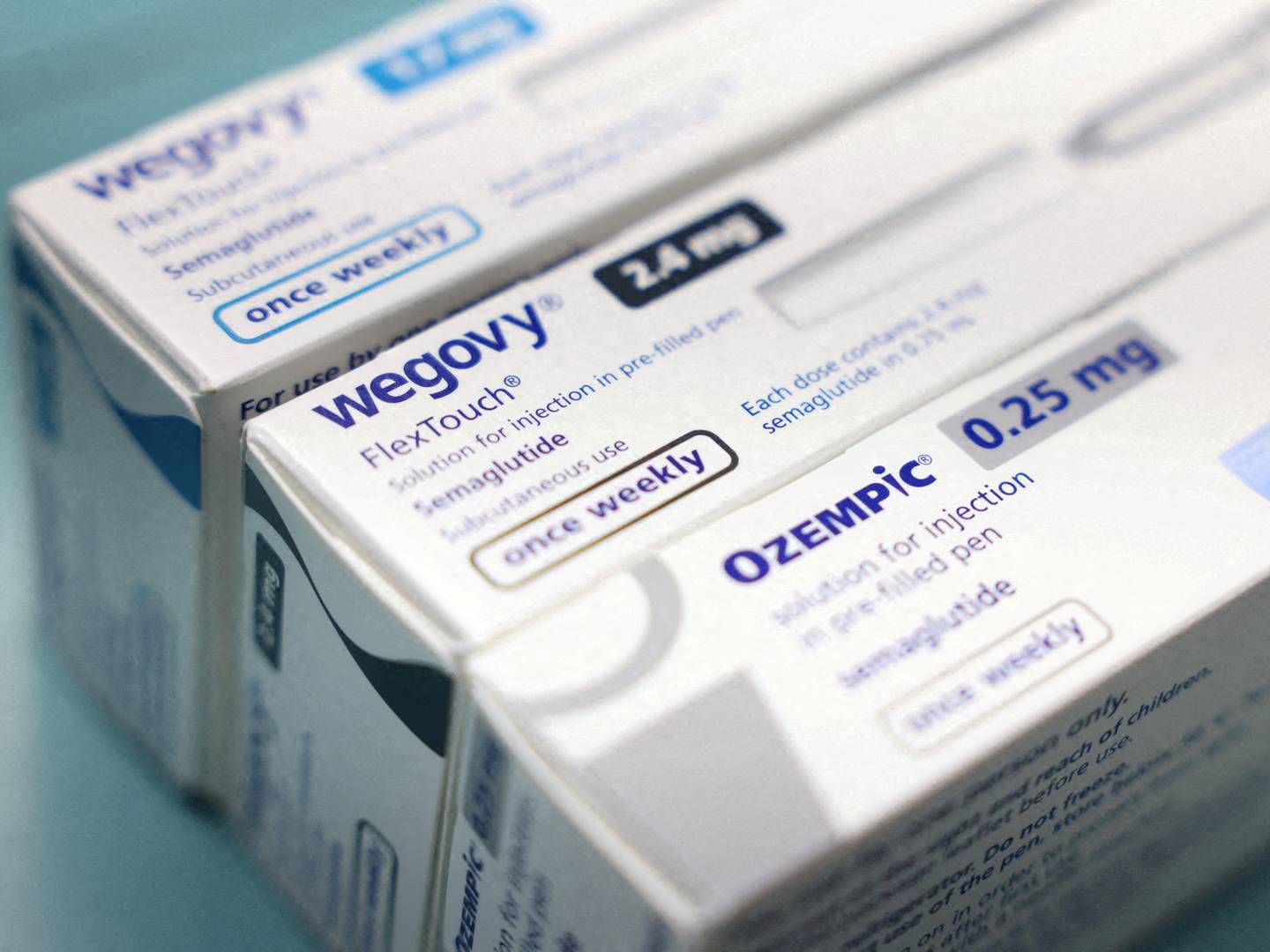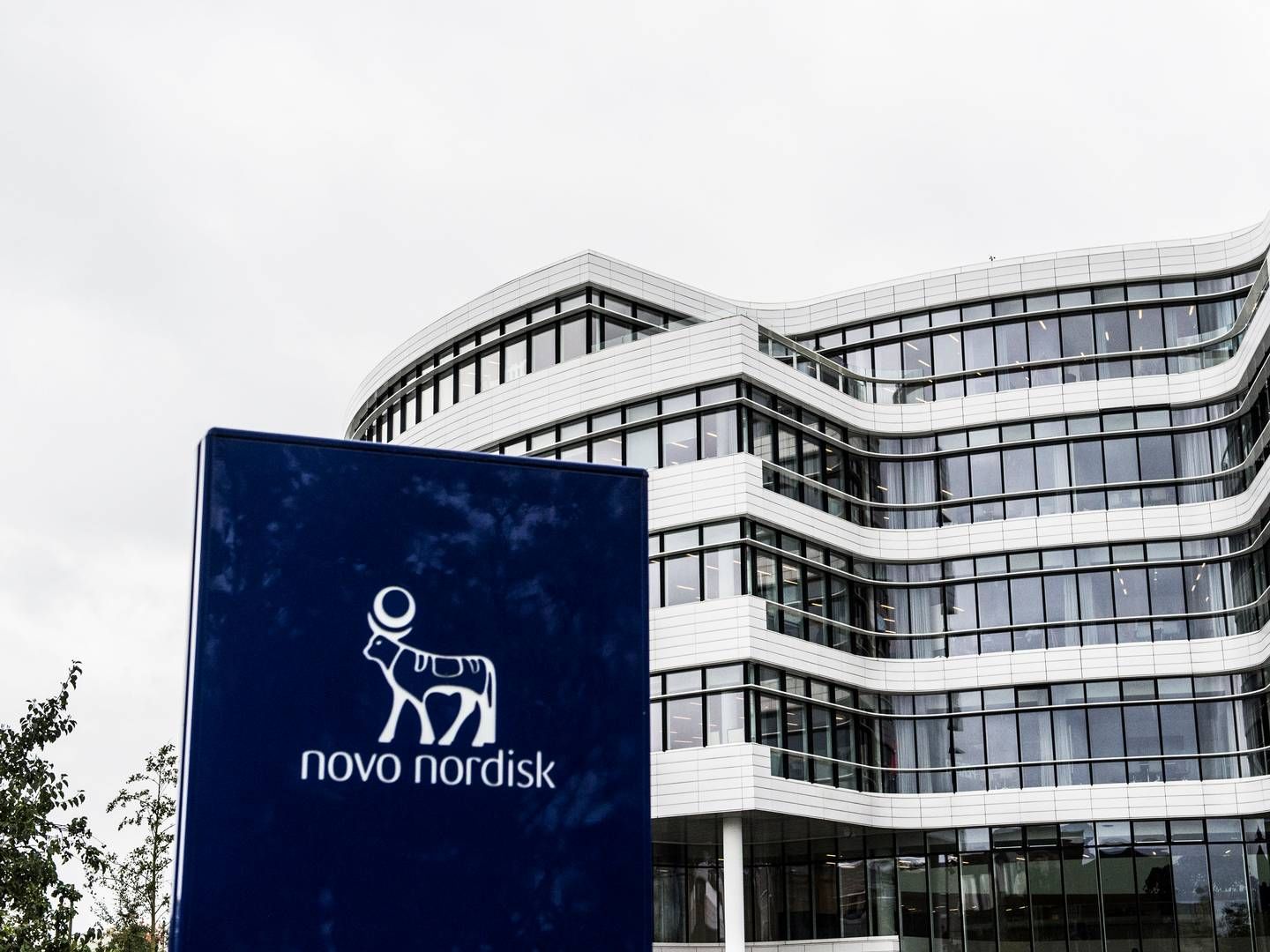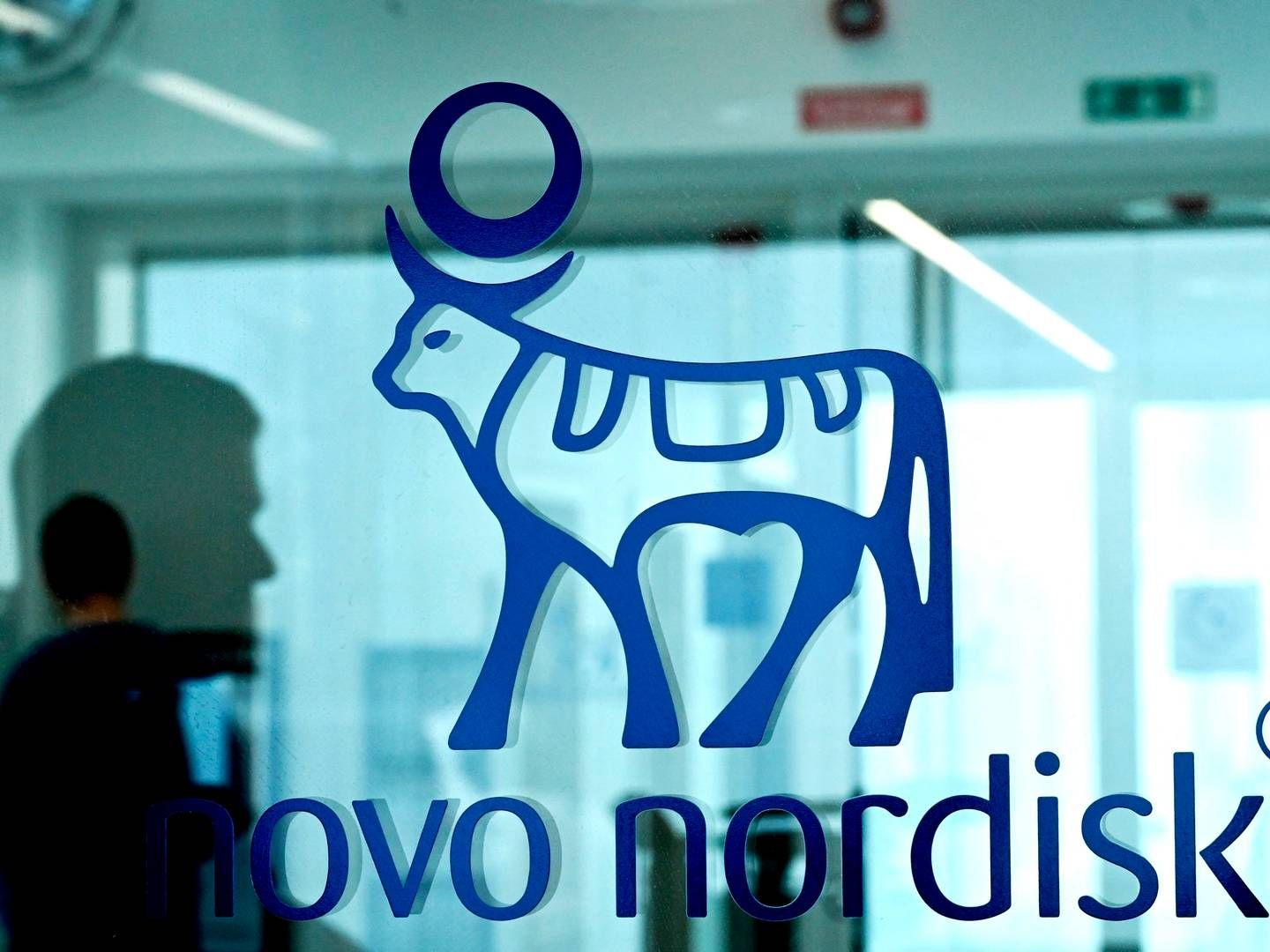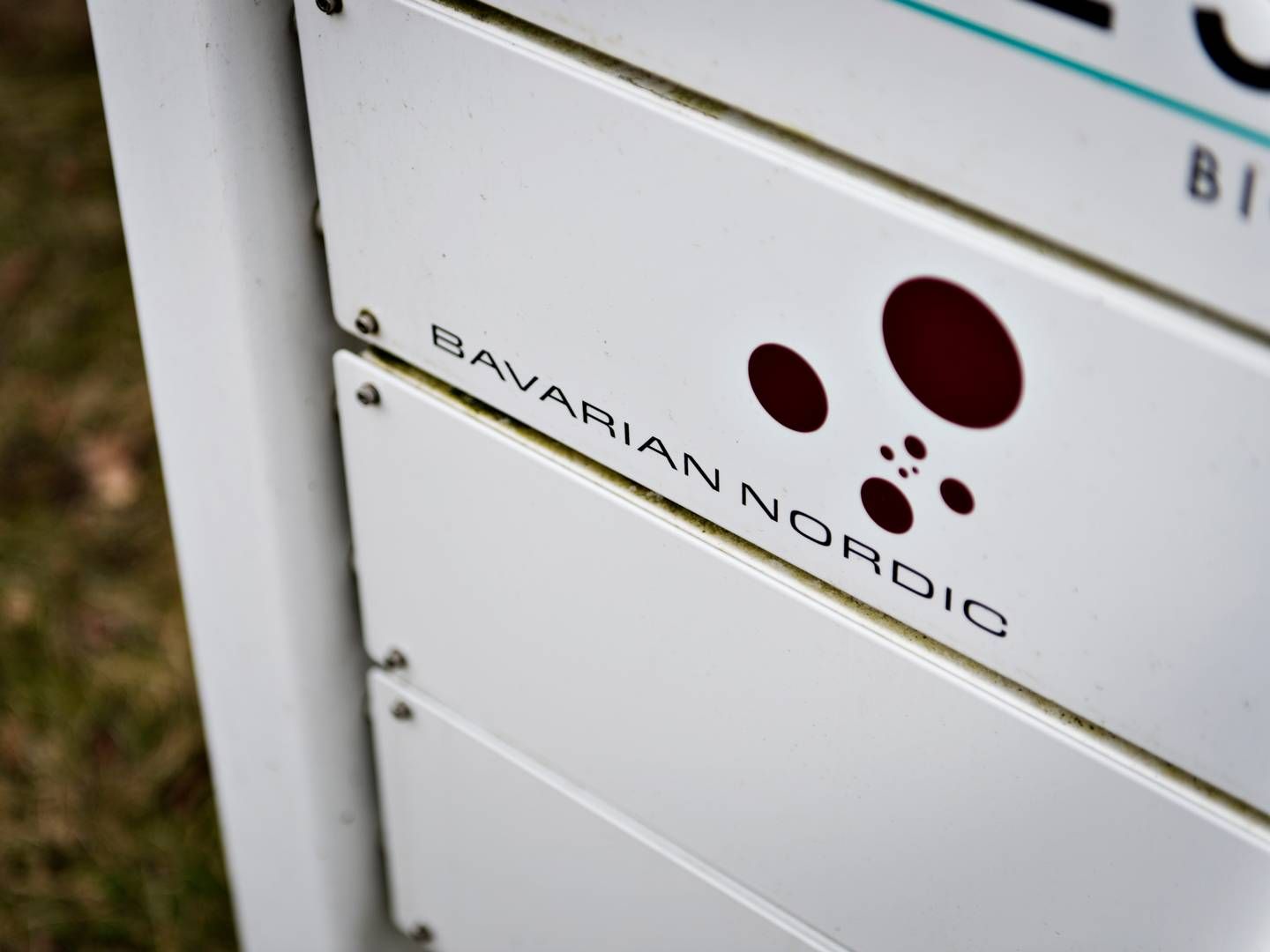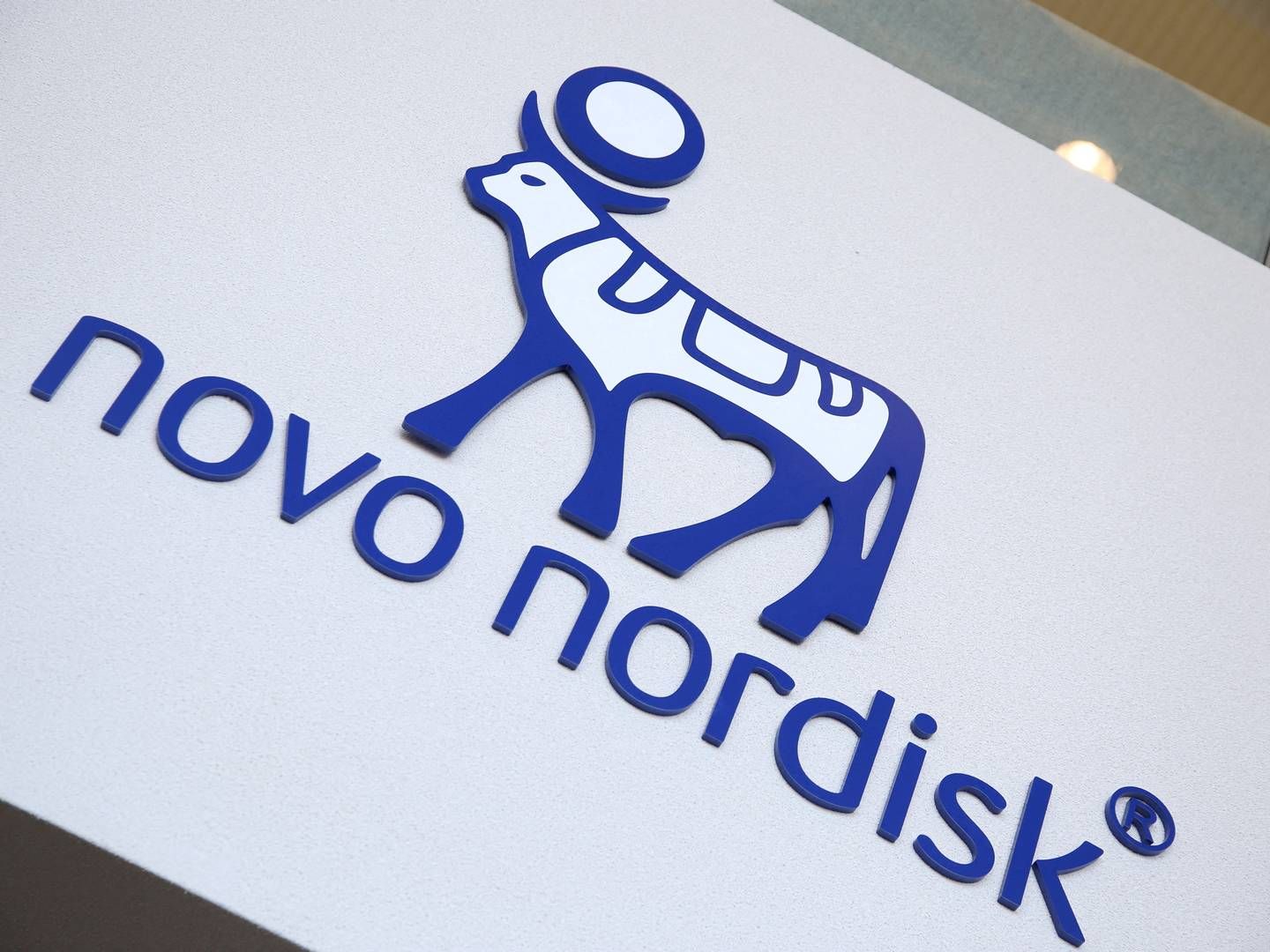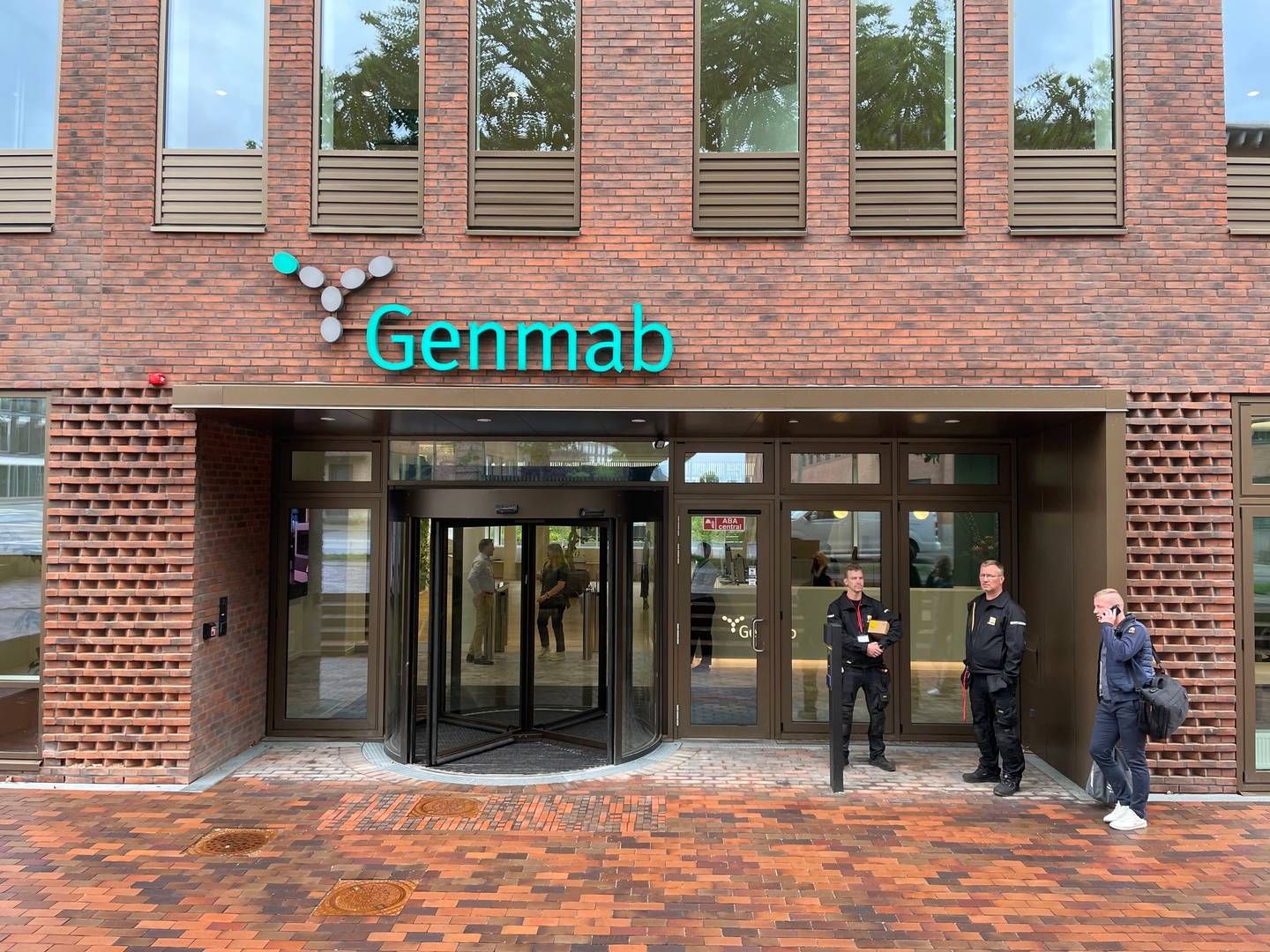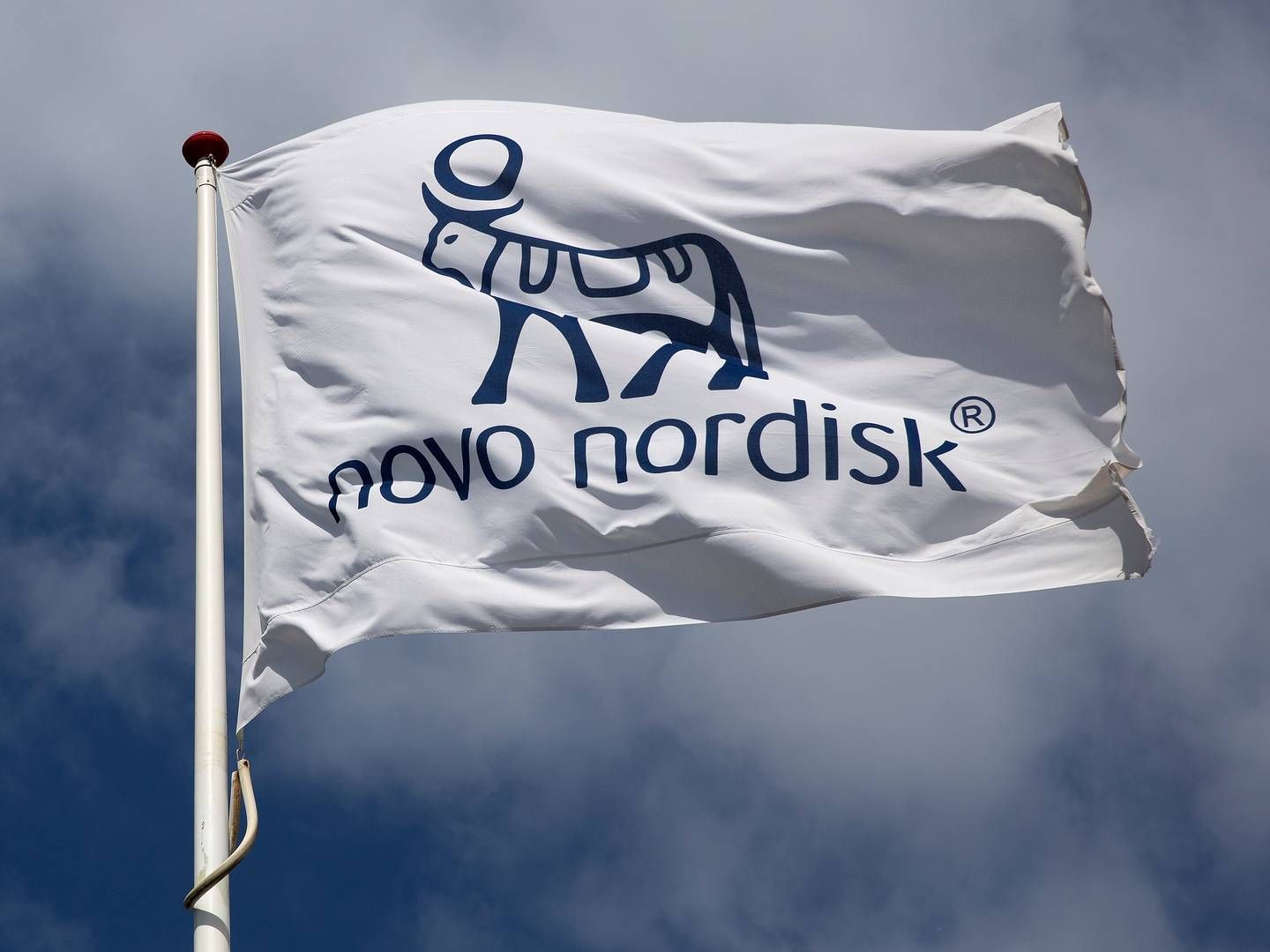GN Hearing left 9 percent ownership in Lively's hands to ensure work motivation
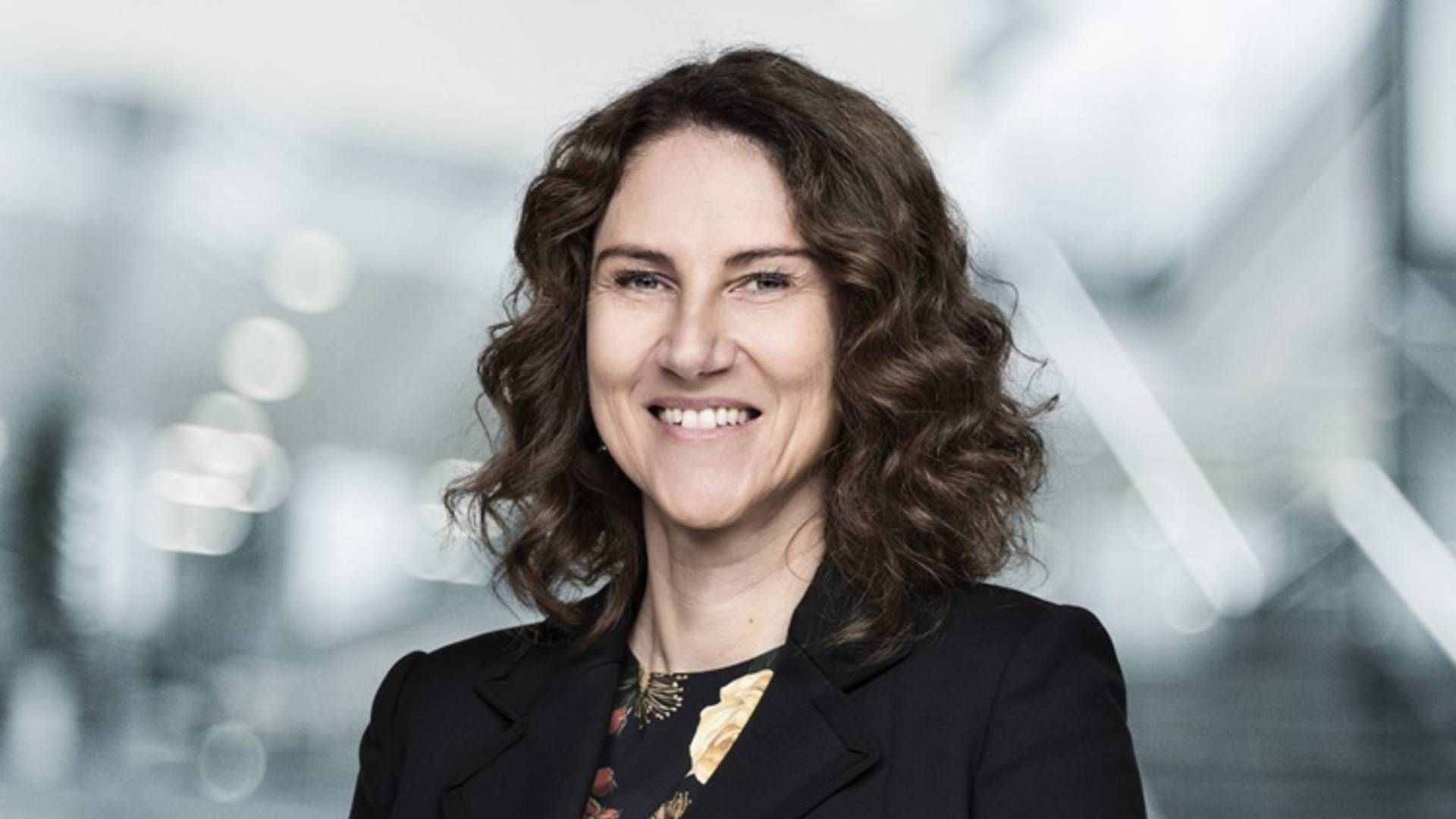
The price tag read DKK 625m when the Danish hearing aid manufacturer GN Hearing decided to purchase Lively, a US-based online hearing care and digital marketing platform which connects customers with its licensed hearing care professionals online in the US.
However, the acquisition, which was announced on Tuesday, left something on the table – a 9-percent share of ownership. The Danish hearing aid manufacturer therefore did not buy every last bit of the online platform, which was founded in New York by Adam Karp, Elad Kolet and Nicole Cadoret in 2018 – the former of the three is the company's CEO today.
This was a conscious decision, explains CEO at GN Hearing Gitte Aabo.
By letting 9 percent stay in the American hands currently managing Lively they still have skin in the game, retaining incentive to put in the extra effort to achieve success – which would benefit them all, including GN Hearing.
"The reason we've chosen to let 9 percent of share stay with Lively's management is of course to ensure that they have the same motivation as us to make Lively as successful as possible," Aabo tells MedWatch.
GN still retains the rights to purchase the remaining shares later, under pre-defined terms, which Aabo does not wish to comment on.
"We have agreed on certain mechanism for what is needed and when we could perhaps buy the remaining 9 percent. For competitive considerations, I cannot disclose the details, but at first, we are leaving a smaller portion of shares with Adam Karp and other management, so that they will work toward the same goal as where we want to take Lively," Aabo says.
Has long had acquisition dreams
GN Hearing has been the sole supplier of hearing aids to Lively since 2018, and acquisition dreams have grown gradually the past year, it says.
According to Aabo, Lively is the leading company within online hearing treatment in the US, successfully enabling users to research, buy and receive hearing loss products from US licensed hearing professionals, all from the comfort of their own homes.
"This is of course a space we've kept an eye on for some time – the telehealth market, where customers are advised over the phone or online," Aabo says.
According to Aabo, she and Lively's CEO and co-founder, Adam Karp, have a close relationship, and that during the companies' collaboration it became increasingly more clear to her that the market addressed by Lively was very interesting to "enter into more massively."
"The interest in buying and selling was mutual. It has also been in their interest for us to acquire them. Definitely," Aabo says.
A fair price
The US-based firm is expecting revenue of DKK 100m (USD 15.2m) this year, with negative earnings before interest, taxes and amortizations (EBITA) of DKK -170m (USD -25.8). Despite the operational loss, GN Hearing's CEO hasn't been scared off, who views the acquisition as an investment in the future market.
The triple-digit million kroner deficit will be turned into profits once the business model of online hearing treatment gains more ground, and GN Hearing isn't sinking themselves with any burdensome Lively debt, Aabo reports, citing the company's benchmark assessments of the valuation of other firms prior to the bid.
"We judge the price we've paid for Lively to be fair. What we're buying here is a startup and thus also a growth company, which is delivering tiple-digit growth rates this year. This is the context, including both top and bottom lines," Aabo says.
"It's clear that looking a few years into the future, we expect to see a positive outcome for Lively," she explains without putting a date on when she expects a profitble bottom line.
The right timing
The online hearing aid market only accounts for 4 percent of the US hearing healthcare market today. Despite this, GN Hearing's CEO Aabo repeatedly states that now is the time for betting on the telehealth market.
"We're buying a business model, which has proven its worth, and we're judging the timing to be just right concerning the upcoming changing to the US market – not least considering the OTC (over-the-counter, ed.) regulation, which is expected to become reality in summer next year," Aabo says.
The new public sales channel will enable sales of hearing aids without prescriptions and online, and, according to Aabo, Lively will play an important role in gaining a foothold in this market.
"The idea with the OTC regulation – at least in our understanding – is in line with what we conscious about, which is reaching more people. Lively will support this, as we can see that the customers who go to Lively are around 10 years younger on average than the ones we meet with our more traditional business," Aabo explains.
GN Hearing, in contrast to some of its competitors, does not have any clinics of its own, and it is therefore its aim to enable online customers to have their hearing aids fitted in independent clinics selling GN Hearing devices today.
In this way, Aabo thinks that Lively and GN Hearing existing core business make a good match, complementing each other nicely – not least because two-thirds of Lively's current customers want a combination of an online and offline experience.
"Lively can't offer that today, but they will be able to after we've connected it with our network of independent audiologists across the US. That's why we think this is an interesting option for GN Hearing, fitting perfectly into our strategy," Aabo says.
US veterans want choices, too
In November, GN Hearing receded from 10.18 percent to 8.76 percent on important public US sales channel Veterans Affairs (VA), putting it in last place among the five hearing healthcare firms supplying VA.
VA fits hearing aids for US military veterans, and this patient group is typically a little younger than the average hearing aid user. As a consequence, wireless technology enabling direct streaming from Iphone and Android devices, alongside rechargeable batteries, have gained a lot of popularity among this segment the past few years.
In August, GN Hearing launched its hybrid product, Jabra Enhance Plus, which is developed with GN Hearing's sister firm GN Audio, meant to address the same clientele, who have proven difficult to reach.
Aabo thinks that the acquisition of Lively will prove beneficial on the VA channel, even if the future OTC channel isn't taken into account. Today, VA makes up around 20 percent of the total US hearing aid market, which is the biggest hearing aid market in the world.
"Having the choice as a consumer – to either receive an online service by an audiologist in one's own home or to show up physically in a clinic – is super important, I think. This is true whether the hearing aid is provided through VA or some other way," Aabo says.
"I definitely think that its a stragetic move with Lively, also for VA, even if that requires more dialog with VA to make plans concrete," she explains.
GN Hearing downgraded is full-year guidance earlier this year, and the hearing aid manufacturer is now expecting organic growth to land on 16 percent in 2021 compared to the previous estimate of more than 25 percent, and EBITA on more than 12 percent verses 16 percent before.
Expectations for 2022, including Lively's, will be announced in connection with GN Hearing's 2021 full-year financial report, which will be publicized on Feb. 10, 2022.
GN Hearing acquires US-based online marketing platform for USD 94.8m
Analyst says GN Hearing's acquisition will build bridges and bring in customers
GN Hearing eyes opportunities for new product in coming US sales channel

